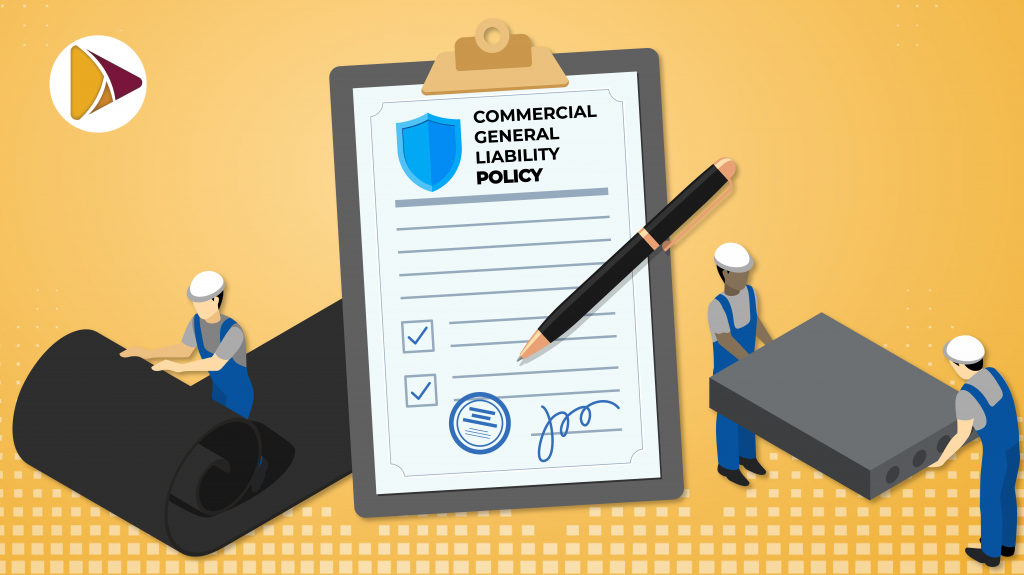In addition to having one’s own list of construction trade vendors professional property managers get bombarded with numerous requests by their clients for the names of contractors; floor guys, cabinet guys, tile guys, plumbers, electricians, handymen, etc.
Before a true professional property manager refers any contractors or any vendors to their clients it is important to make sure you know who they are. Property managers and property management companies should seriously consider asking the following simple but extremely important questions below before referring contractors or vendors to their clients, or even before hiring them to do work on their clients’ properties.

Contractor and vendor referrals can and will reflect your own professional judgment and probably will affect the most important stream of future business in your property management and real estate business. Property managers must place their client’s interests and concerns above all else, and ultimately make the best available recommendations.
Referring clients to a contractor or a vendor just because someone else or friend says, “Oh, I’ve used them for years” is not advisable. You should always get to know the contractor or vendor before you refer them. These four simple steps will help in that process.
The following simple questions should be considered before you refer someone new:
1. Contractor’s Background and Related Experience are Critical
Property manager and property management companies must know how long a contractor has been in business, their work experience, including how long they have been located in the area, and what licenses and types of insurance they possess. Also, it is important to know how long this particular contractor has lived in your community. It is sometimes difficult to ascertain without asking the questions, but it should be a priority. A contractor who is a long-time resident of a community is less likely to damage their reputation if they plan on staying in their community, and if they are raising a family as well. Importantly, ask for a list of references to call before you make any referral or before you sign a contract for work on your client’s property.

2. Commercial General Liability Insurance is Critical
Commercial general liability insurance or CGL insurance is not required for contractors to be in business. That’s right, is not required. Contractors are only statutorily obligated to have a license bond in place pursuant to the contractor’s license laws and Business and Professions Code Section 7000 et seq. It is a fact that many contractors do not carry CGL insurance, thus it is important to demand a copy of the insurance as well as being listed as an additional insured on their policies for bigger jobs. CGL insurance would be important and effective if a contractor caused property damage or personal injury on a client’s property during their work. Failure to ask this simple question is simply unacceptable of a property manager or property management company.

3. Compliant Construction Agreements
Over the years I have read hundreds of construction contracts. Surprisingly, rarely do I find contracts that comply with the minimum state and contractor’s licensing law requirements. Most of the time contractors unknowingly leave out important consumer protection provisions like insurance clauses, three-day right to cancel requirements, start dates, signature blocks in proper locations, mechanic’s lien notices, and similar provisions. A safe practice to employ before a property manager or property management company refers a contractor is to have the contractor give you a sample contract to review such that you and your client can read it before you agree to use their services.
4. Adequate Contractor Capitalization
Remember the old saying “there is a high price to the low bid?” Translation, it makes economic sense to do business with financially fit contractors even if they initially appear more expensive. A lot of litigation against smaller contractors forces them into insolvency. If you are working with a contractor who ends up filing for bankruptcy protection you and your client might be out a big chunk of change. A well-established contractor, with firm roots in the community would be the prudent choice most often. When hiring a contractor don’t hesitate to ask them how they are doing financially. Importantly, remember to ask for a list of references to call before you sign a contract.
Conclusion
The property manager or property management company is quite possibly the most knowledgeable source of construction vendors the client knows. Prior to referring a contractor it is imperative to find out the answers to these above questions so you are well-informed and make the best possible referral to your clients you can.

David currently is the broker/owner of several real estate related businesses which manage and maintain 300+ client properties on the San Francisco Peninsula.
Trust, transparency, and performance guarantees are the foundation of these businesses. David challenges anyone to find a PM professional that offers services similar - extensive education, customer service, and performance guarantees.
David also provides consulting for his clients on property development feasibility, construction, and complex real estate transactions.
David has authored a published law review article, three real estate books, and over 150+ real estate blog articles.
- “Wildfires, Insurance & Mortgages: Will Your Home Survive the Financial Aftermath?” - March 3, 2025
- What’s Driving California’s Commercial Real Estate Shakeup? - February 27, 2025
- Critical Issues in Triple Net Leases Investors Should Know - February 14, 2025

